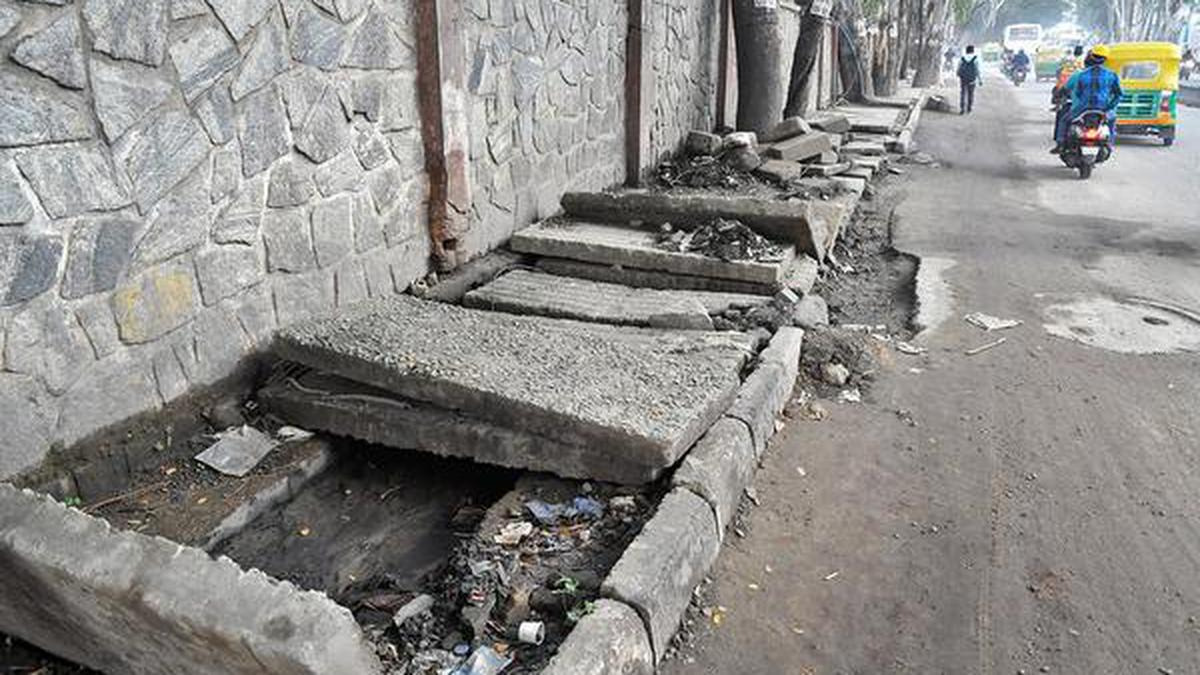Arjun Yadav's Webpage
Shoutout For The Walking Project
2025-04-10
The most successful inventions are the one which becomes invisible after sometime. Think of comb for a moment and imagine a world where there is no comb. It is such a simple technology but it makes our lives so, so much better. Despite its significance we don't usually stop and think much about it. Quite understandable as comb is just one among hundreds of technologies we use every single day.
Moreover, comb is not the only technology which gets massively overlooked as there is one more successful technology with same fate which has been thrown to the annals of dark room especially if you belong to any country with basic infrastructure and citizens with common sense - footpaths.
Footpaths are simple technology yet they are able to save so many lives and makes waking safe and enjoyable. My praise for footpath might sound very much unnecessary for the one who is living in a better world where having footpath is just a fact of life. But someone who is not in such a condition I must share a horrifying fact which I got to know from Perplexity search - That in 2021 there were around 29,200 pedestrian deaths in India. TWENTY NINE THOUSAND AND TWO HUNDRED! Most of them could have been prevented if there were to be a working footpath infrastructure.
The last time when that many people died in a country it required modern weapons and an ruthless army. And at the end the whole world got to know about it. 29,200 people died in my country and my own countrymen don't talk about it. "Such a third world problem" you might say sitting in US and you would not be wrong in saying that, it is indeed a third world problem. It is third world not because of low per capita GDP but because of mental bankruptcy in civic sense. Comb and footpath are not much different in the sense that both are simple yet significant technologies. Both are invisible in first world. Footpath are also invisible in my country too but not because they are successful technology but actually you can't see them because they don't exist in first place. And if they exist they are usually not in condition to be used as they are often encroached, unmaintained, and there might actually be an open sewage on footpath it can be your free ticket to hell.
However, if we try to find why there is no basic footpath infrastructure in India the answer might come down to two reasons: 1- Citizens don't care. Even if there is footpath people are reluctant to use them. 2- If citizens don't want footpath, why should bureaucracy build them in first place?
"Why 29,000 people dying every year is not enough for the citizens to demand for footpaths and spread awareness?" Well I don't have the answer for that. It seems like Indians don't actually care and don't understand how big that number is. After all 29,000 is merely 0.000207% of 1.4 billion Indian population. Now you understand that these numbers are rookie numbers. These numbers might call for national emergency in US but no, not in India.

Still, not everything is an episode of Black Mirror. Let me tell you why - Remember that brave thing trump said just a moment after a bullet kissed his ear - "Fight! Fight! Fight". Yes, that is the exact thing which 'The Walking Project' is trying to do for creating "safe, convenient & joyful walking experience" in India by fighting for footpath infrastructure in Mumbai.
Now of course building basic footpath infrastructure is not rocket science but being able to do such a thing in India is no less difficult as it involves changing public conscience and a consistent battle with the world famous Indian bureaucracy.
Let me share one incident which happened with me:
Few months ago I walked into a UK based manufacturing company for a work meeting. After completion of the security procedure, I started walking on the road which was going straight to the building. As soon as I could finish 20 steps the security personnel screamed from behind "Anna bla bla bla" I didn't get his words but I understood his expressions "Anna, use the zebra crossing and then the footpath. Don't walk on the road, its for vehicles".
My Indian mind couldn't comprehend, for my whole life I walked wherever I could. This was new to me. But what was more interesting was once I crossed the zebra crossing and entered the footpath. 'Entered' because once you start walking on footpath there is no way out - the railings between footpath and the road prevents the walking person from getting back on the road. And also a safety measure in case some uncontrolled car jumps over the road and runs over the footpath.
For that one hour I had escaped India. It was a little bubble of a civilized country. What it took was basic infrastructure and common sense. Just that.
But life is again Indian outside those little bubbles. That's why what "The Walking Project" is trying to do is something which I highly respect and I look forward to donating to them.